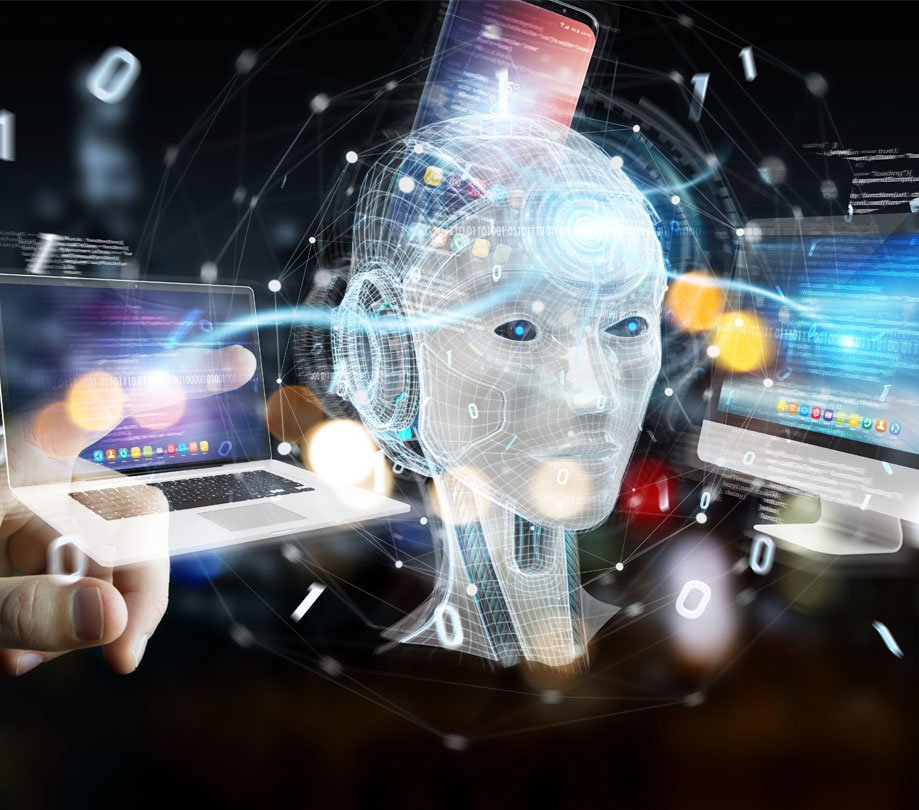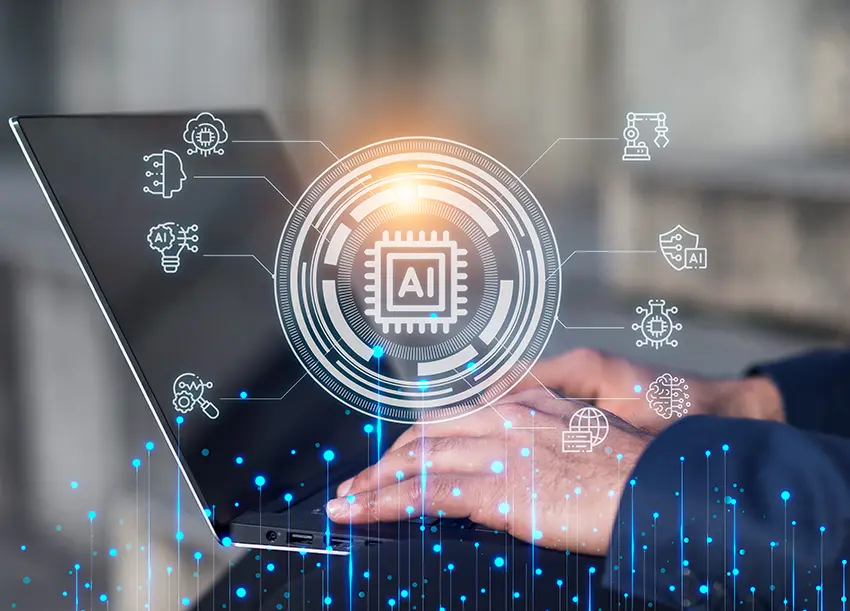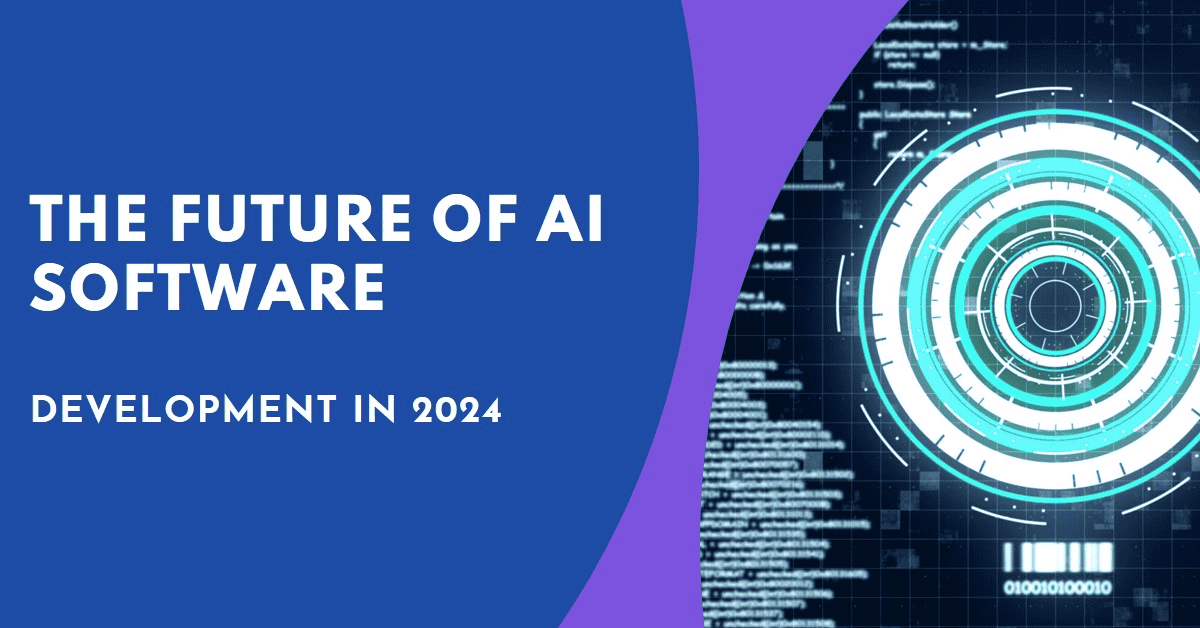The future of AI in software development presents a landscape rich with opportunities and challenges. As AI technologies continue to evolve, they are poised to transform the software development process in numerous ways, from automating repetitive tasks to enhancing the accuracy and efficiency of coding practices.
Opportunities
- Automation of Routine Tasks: AI can automate repetitive tasks such as code generation, bug detection, and testing. Tools like AI-powered code editors and debugging assistants can significantly reduce the time developers spend on mundane activities, allowing them to focus on more creative and complex aspects of development.
- Enhanced Code Quality and Maintenance: AI algorithms can analyze large codebases to identify potential vulnerabilities, bugs, or inefficiencies. This can lead to improved code quality and easier maintenance, reducing technical debt and enhancing the software’s longevity and reliability.
- Accelerated Development Cycles: By leveraging AI-driven tools, software development teams can achieve faster iteration cycles. Automated testing and deployment processes can accelerate release schedules, enabling organizations to respond more quickly to market demands and customer feedback.
- Personalized Development Environments: AI can tailor development environments to individual developers, suggesting relevant libraries, frameworks, or even entire code blocks based on the context of the project. This personalization can improve productivity and reduce the learning curve for new developers.
- Improved Collaboration and Communication: AI tools can facilitate better communication and collaboration among development teams, especially in remote or distributed environments. For example, AI-powered project management tools can automatically update project statuses and predict potential delays, allowing for more proactive decision-making.
Challenges
- Ethical and Bias Concerns: AI algorithms are only as good as the data they are trained on. If the training data contains biases, the AI tools can perpetuate these biases, leading to unfair or unethical outcomes in software applications. Addressing these concerns requires careful consideration of data sources and the implementation of robust oversight mechanisms.
- Complexity in AI Integration: Integrating AI into existing software development workflows can be challenging. It requires a deep understanding of both AI technologies and traditional software development practices, as well as the ability to manage the complexity that comes with combining these two domains.
- Reliability and Trust Issues: While AI can enhance software development, there is still a trust gap. Developers may be hesitant to rely entirely on AI tools for critical tasks, especially if those tools are not fully transparent or interpretable. Building trust in AI solutions will require continued improvements in the transparency and explainability of AI models.
- Job Displacement Concerns: The automation of certain development tasks raises concerns about job displacement. While AI can handle repetitive tasks, there is a fear that it could replace human developers entirely. However, most experts believe that AI will augment rather than replace human developers, shifting the focus to more strategic and creative roles.
- Security Risks: AI systems themselves can be vulnerable to attacks, such as adversarial attacks that manipulate AI models into making incorrect predictions. Additionally, the increased use of AI in development could introduce new vulnerabilities that attackers could exploit. Ensuring the security of AI tools and the software they help create will be a major focus for the future.
Conclusion
The integration of AI into software development offers numerous benefits, from increased efficiency and faster development cycles to enhanced code quality and better collaboration. However, these opportunities come with significant challenges that need to be addressed to fully realize the potential of AI. As AI continues to evolve, it will be crucial for developers and organizations to remain adaptable and proactive in addressing these challenges, ensuring that AI tools are used ethically, securely, and effectively.





